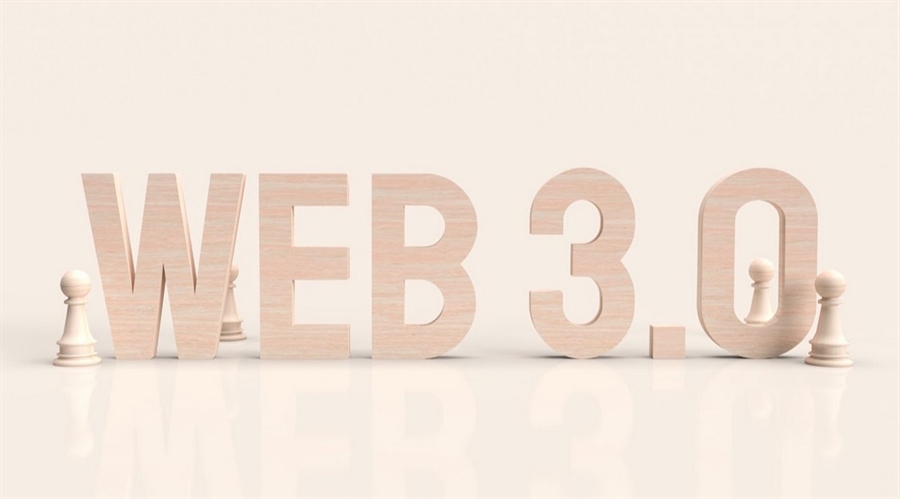“Asking in 2022, will every consumer brand have a web3 strategy one day? is like asking, will every brand have a website one day? in 1994.”
That’s a statement by Adam Brotman, the Co-Founder of the web3 startup, Forum3, and it’s the kind of suggestion that sounds exciting, but is it realistic?
Right now, such a statement makes sense to anyone with a close interest in crypto, but it may otherwise still sound a little esoteric. This, perhaps, has parallels with how a question about websites would have gone down in 1994: meaningful to software developers, perhaps, but not to the wider business world or the general public.
Web3 refers, not surprisingly, to a third iteration of the web. In a nutshell, web1, the early web, was all about reading static content, while web2 enabled users to read, interact with, and create content. Web2 is the current age of social media, self-publishing and alternative media.
Following on from this, web3 is like web2 but with ownership. The web3 vision revolves around decentralization and allows users total control over their own content, digital assets and online transactions. And according to some observers, we are now in the early stages of a transitional phase into web3.
How Important Is Crypto to Web3?
Web3 lets you own digital assets and carry them between decentralized applications, and it’s difficult to conceive of a way to enable authentic, autonomous ownership of digital assets without crypto and NFTs, or, to put it another way, without blockchain
























